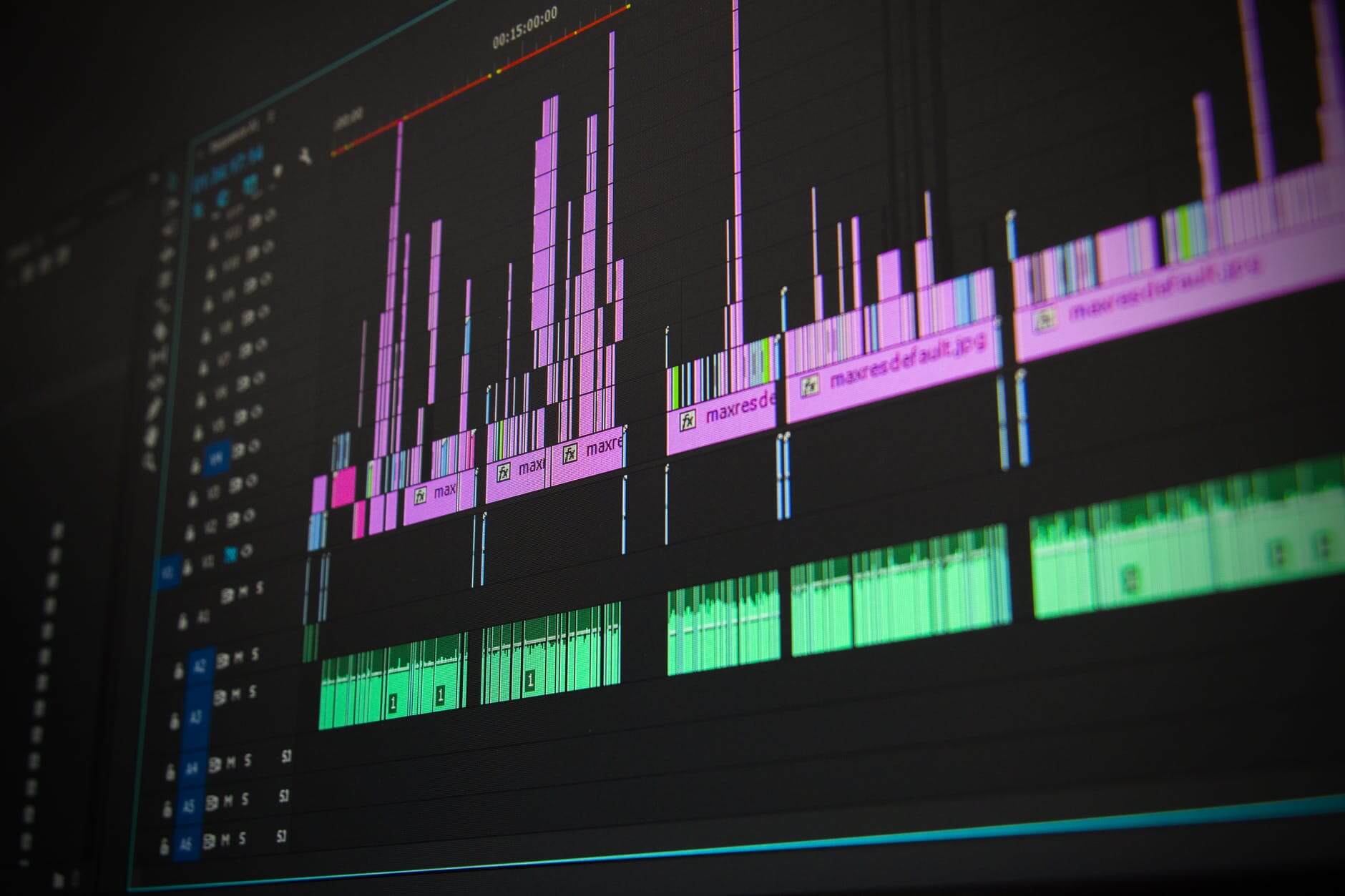Christian geneticist Dr. Francis Collins is advising churches to avoid in-person services as countries around the world fight to bring COVID-19 rates down.
The advice of the Templeton Prize laureate of 2020 came as some religious leaders are pushing for the right to worship as the COVID-19 pandemic rages in the United States, Christian Today reported.
He had an online conversation with theologian Russell Moore about vaccines, and said churches could be sources of “superspreading” events.
Collins was attending an online church at the moment as a practising Christian himself.
While in some places, churches are open and holding public worship, his recommendation is that in-person services are shelved until at least 2021.
Collins explained his and said some restrictions were working in the fight against COVID-19, but they would falter if people started ignoring them.
“I know people are tired of hearing these messages and having to be acting upon them, but the virus does not care that we are tired,” he said.
“The virus is having a wonderful time right now spreading through this country, taking advantage of circumstances where people have let their guard go down.
“We need to be just absolutely rigorously adherent to things that we know work. But they don’t work unless everybody actually sticks to them faithfully without exception.
“Churches gathering in person is a source of considerable concern and has certainly been an instance where superspreading has happened and could happen again.
ADVICE TO CHURCHES
“So I think most churches really ought to be advised, if they are not already doing so, to go to remote, virtual kinds of services. That’s the way I’m having my experiences as a churchgoer,” he said.
Not heeding his advice San Francisco’s Catholic archbishop in response to the U>S. Supreme Court’s Dec. 3 order saying federal judges should take another look at pandemic limits on California churches, said: “The time is overdue for our civil officials to work with us and other churches on worshiping safely.”
“Catholics need the body and blood of Christ this Christmas, in California as everywhere else. And they have every right to access it,” said Archbishop Salvatore J. Cordileone in a statement issued late Dec. 3.
The court’s decision was based on its Nov. 25 ruling to lift similar restrictions on congregations in New York due to the pandemic, Catholic News Service reported.
“Worship is not less important than shopping for shoes; it is certainly more important to people’s spiritual and psychological health; it is a natural and constitutional right,” he continued, “and we Catholics have shown for months that we can worship safely — with masks, social distancing, ventilation, and sanitation,” said Cordileone.
TEMPLETON PRIZE
Back in May, the Templeton Foundation had named Collins as the 2020 Templeton Prize Laureate.
“In his scientific leadership, public speaking, and popular writing, including his bestselling 2006 book, The Language of God, Collins has demonstrated how religious faith can motivate and inspire rigorous scientific research, said Templeton when it made the award.
“This book argues that belief in God can be an entirely rational choice,” he writes in the introduction, “and that the principles of faith are, in fact, complementary with the principles of science.”
In the book, he endeavors to encourage religious communities to embrace the latest discoveries of genetics and the biomedical sciences as insights to enrich and enlarge their faith.
Collins, 70, was selected as the 2020 Laureate by the Prize judges lin late 2019, but the announcement was delayed due to the coronavirus pandemic.
Valued at 1.1 million British pounds (about $1.83 million or €1.3 million), the prize is one of the world’s largest annual awards given to an individual.
It honors a living person who has made exceptional contributions to affirming life’s spiritual dimension, whether through insight, discovery, or practical works.
From 1993 to 2008, Collins directed the National Human Genome Research Institute, guiding the Human Genome Project in its mapping and sequencing of the three billion DNA letters that make up the human genetic instruction book.
There has been a lot of debate about COVID-19 vaccines, but Collins said people should take one and also adhere to other guidelines like wearing face masks and social distancing.
He said he was optimistic that with the vaccines on their way, larger gatherings in church and other places like sports arenas would be possible again by next summer.
“And certainly, by next fall, I’m hoping we can get back to things like normal schools and businesses, and our economy can get back on its feet,” he said.
“But there are a lot of steps between now and then.
“And of course, it will go better if we don’t have our healthcare system utterly devastated by the ongoing pandemic that we could have potentially turned around by all of us taking those public health actions we just talked about.”













